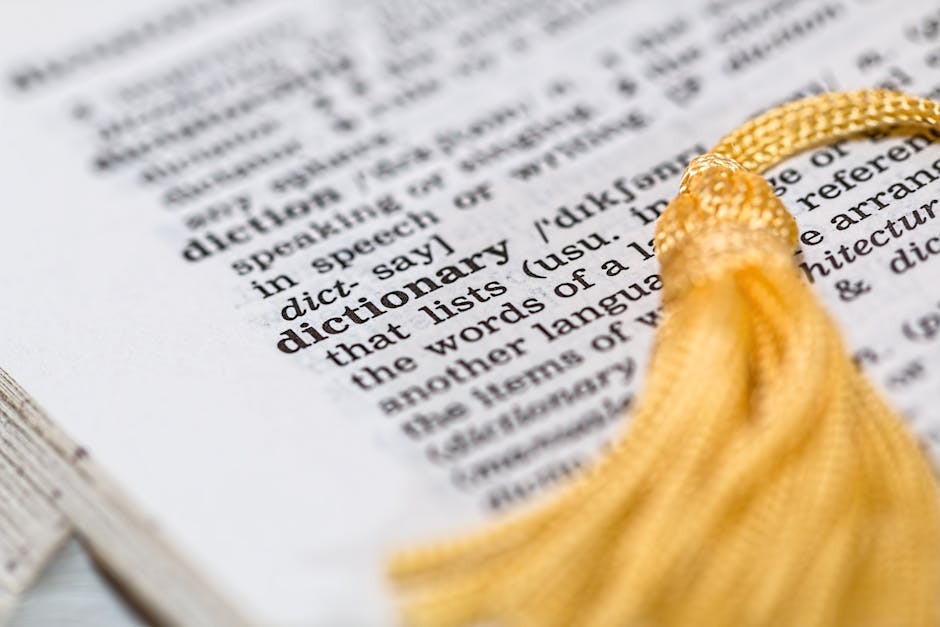Understanding Elphaba: Beyond the Wicked Witch
Elphaba, the name synonymous with the Wicked Witch of the West, transcends the simplistic portrayal often found in the classic Wizard of Oz narrative. In Gregory Maguire’s groundbreaking novel, Wicked: The Life and Times of the Wicked Witch of the West, and its subsequent Broadway musical adaptation, Elphaba emerges not as a villainous caricature, but as a complex, nuanced character grappling with prejudice, political intrigue, and the inherent ambiguities of morality.

Elphaba’s Definition: A Multifaceted Character
Defining Elphaba requires a multifaceted approach. She is not simply good or evil; rather, she occupies a grey area, constantly questioning the established order and fighting for what she believes is right, even if those actions are deemed unconventional or unsettling. Her green skin, a symbol of her difference, becomes a powerful metaphor for societal ostracization and the struggle for self-acceptance. She is a brilliant student, a compassionate activist, and a fiercely loyal friend, showcasing a spectrum of emotional depth rarely seen in such a traditionally antagonistic role.
Elphaba’s definition is shaped by her experiences. Her birth, a pivotal moment marked by her unusual green complexion, instantly sets her apart from Ozian society. This initial act of difference shapes her entire life, influencing her interactions with others and driving her passionate quest for justice and understanding. She navigates a world rife with corruption, political machinations, and the hypocrisy of those in power, leading to choices that complicate her relationship with the audience and challenge traditional notions of heroism and villainy.
Elphaba’s Journey: From Defiance to Revolution
Elphaba’s journey is one of relentless self-discovery and unwavering commitment to her ideals. Her initial defiance stems from a profound sense of injustice and her inherent empathy for the oppressed. This fuels her activism, and she uses her intellectual prowess to challenge the Wizard and his tyrannical regime. Her evolution throughout the story is not linear; she makes mistakes, experiences betrayals, and wrestles with the consequences of her actions. Yet, her determination remains steadfast, solidifying her position as a compelling figure.

Key Aspects of Elphaba’s Character
- Intelligence and Intellectualism: Elphaba is exceptionally intelligent, demonstrating remarkable aptitude in academics and quickly mastering complex political and social issues. This intelligence is not only used for personal gain but to expose the hypocrisy and corruption surrounding her.
- Compassion and Empathy: Despite facing constant prejudice, Elphaba displays a deep compassion for others, particularly those who are marginalized or oppressed. This empathy motivates her actions and fuels her desire to create a more just and equitable society.
- Moral Ambiguity: Elphaba operates within a moral grey area, making difficult choices with potentially far-reaching consequences. Her actions are not always justifiable, yet they stem from a place of genuine conviction and a desire for positive change.
- Resilience and Strength: Elphaba displays remarkable resilience, enduring numerous setbacks and betrayals throughout her life. Her unwavering strength is a testament to her inner fortitude and her commitment to her beliefs.
- Relationship with Galinda/Glinda: The evolving relationship between Elphaba and Galinda (Glinda the Good) is central to the narrative. It highlights themes of friendship, betrayal, reconciliation, and the complexity of human relationships, ultimately questioning the very definitions of good and evil.
Elphaba in Popular Culture: A Lasting Impact
The enduring popularity of Elphaba showcases the power of a well-developed, morally ambiguous character. Her impact on popular culture extends beyond the confines of the novel and musical. She has become a symbol of resilience, a representation of the marginalized, and a powerful figure for those who question authority and fight for change. Her story resonates with audiences because it acknowledges the complexities of good and evil, challenging conventional narratives and prompting introspection.
The Significance of Elphaba’s Name
The significance of the name “Elphaba” itself adds another layer of complexity to the character. While the name’s origin is never explicitly stated, its subtle alliterations and unusual sound contribute to the sense of otherness and mystery that surrounds her. It’s a name that stands out, just as Elphaba herself does.
Elphaba’s Legacy: A Reimagining of Villainy
Elphaba’s legacy is one of redefining the classic villain narrative. She challenges the simplistic portrayal of the Wicked Witch of the West, offering instead a complex and empathetic protagonist. Her story reminds us that morality is rarely black and white, and that heroes and villains are often shaped by their circumstances and the choices they make. Her enduring presence in popular culture is a testament to the power of storytelling and the enduring appeal of characters who refuse to be confined by conventional definitions.
Comparing Elphaba to the Wicked Witch of the West
While Elphaba shares some superficial similarities with the Wicked Witch of the West from the original Wizard of Oz, the differences are far more significant. The original Wicked Witch is a one-dimensional villain, driven by pure malice. Elphaba, however, is a multifaceted character with motivations, vulnerabilities, and a compelling backstory that explain her actions. The differences highlight the power of reinterpretation and the potential for transforming a simplistic trope into a complex and engaging character.
Critical Reception and Analysis of Elphaba
Critical reception of Elphaba has been overwhelmingly positive, with many praising Maguire’s ability to create a compelling character that defies easy categorization. Scholars and critics have analyzed her character from various perspectives, examining her as a feminist icon, a symbol of social justice, and a complex figure who challenges traditional narratives of good and evil. The ambiguity of her character invites diverse interpretations and continuous engagement with her motivations and actions.
The Enduring Appeal of Elphaba
The enduring appeal of Elphaba lies in her relatability. Despite her extraordinary circumstances, her struggles with prejudice, isolation, and the complexities of morality are themes that resonate with audiences across diverse backgrounds. Her journey of self-discovery, her unwavering commitment to her beliefs, and her fight for justice are all elements that make her a timeless and compelling figure.
Conclusion: Elphaba’s Ongoing Relevance
In conclusion, defining Elphaba requires a nuanced understanding of her multifaceted personality, her challenging journey, and the complexities of the world in which she exists. She is not simply a wicked witch; she is a symbol of rebellion, a fighter for justice, and a character whose story continues to inspire and challenge audiences worldwide. Her legacy lies in her ability to transcend the limitations of a traditional villain and to become a compelling protagonist in her own right, forever challenging our understanding of good and evil.


